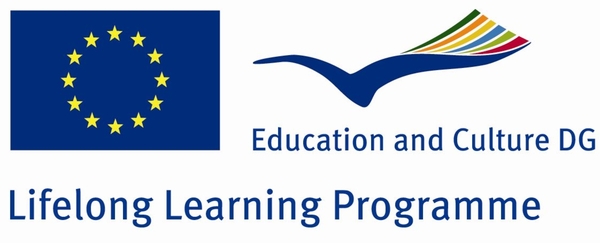|
PROGRAM OF TRAINING ACTIVITIES (day by day)
(DAY 0)
(Welcome meal)
DAY 1
Introduction, getting to know each other and participants' expectations, course overview and objectives.
Theoretical background: knowledge, types of knowledge, understanding, learning theories and outcomes, knowledge assessment.
Basic roles, principles and terminology of application of computers in teaching and assessing practices.
Recapitulation and evaluation of daily course objectives.
DAY 2
Inherent advantages and disadvantages of e-assessment, various forms of e-assessment.
Simple e-assessment methods: Hot Potatoes. What is it, why do you need it and what can or can’t you achieve with it.
Creating assessments using Hot Potatoes.
Uploading assessments and making them available for students.
Giving students’ feedback on the assessment results.
Installation and setting up software.
Recapitulation and evaluation of daily course objectives.
DAY 3
Hot Potatoes: practice through implementing another simple e-assessment.
Creating assessments and understanding basic principles of Moodle.
Managing assessments, question types, giving students’ feedback on the assessment results and analyzing students’ results in Moodle.
Recapitulation and evaluation of daily course objectives.
DAY 4
Moodle: practice through implementing another simple e-assessment and analyzing its results.
Creating assessments and understanding basic principles of Sakai.
Managing assessments, question types, giving students’ feedback on the assessment results and analyzing students’ results in Sakai.
Recapitulation and evaluation of daily course objectives.
DAY 5
Sakai: practice through implementing another simple e-assessment and analyzing its results.
Group discussion: comparing all the presented tools, their advantages and disadvantages, also from participants’ individual perspectives.
Additional practice, finishing assessments, questions and additional examples.
DAY 6
Presentations, discussions and course evaluation.
 Check out the available dates of this course! Check out the available dates of this course!
 How to apply for this course using an Erasmus+ KA1 grant? How to apply for this course using an Erasmus+ KA1 grant?
|

